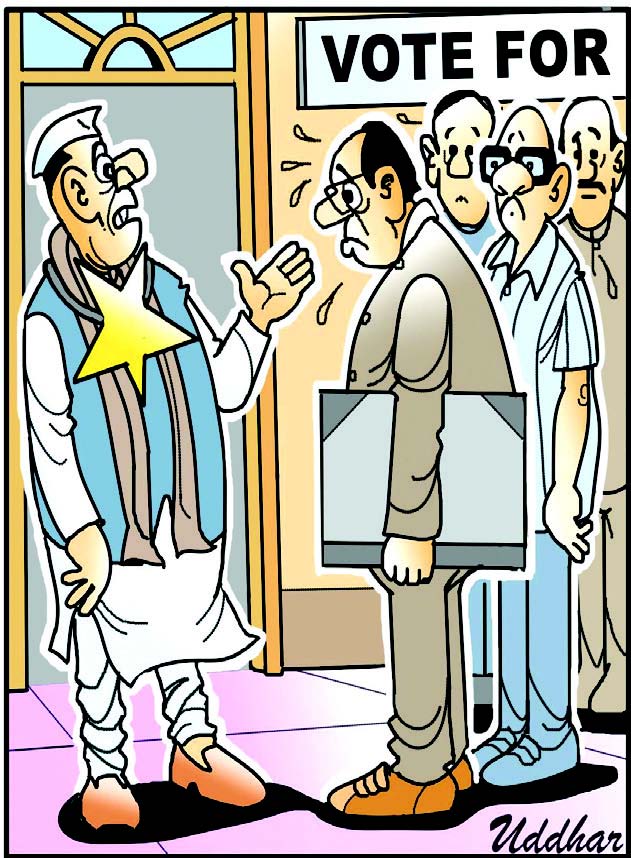25 Jun 2017 | 06:06am IST
When ASHA really means HOPE
Pio Esteves joins the celebrations at Asha Sadan as it turns 25. The centre is involved in counselling and rehabilitating sex workers and street children
Pio Esteves
Asha Sadan Social Centre, run by the Holy Family Sisters, celebrates its silver jubilee this year, with active involvement in counselling and rehabilitating sex workers and street children. When sex trade was in full swing in Baina, Vasco and there was an urgency to provide counselling to those actively involved in flesh trade, Asha Sadan Social Centre was established on June 1, 1992 by the Goa diocese under the tutelage of Goa Caritas.
After Sr Lourenca Marques of the congregation of Holy Family of Nazareth completed her graduation and obtained her bachelor’s degree in social work (BSW) in Mumbai, she was sent to red-light area in Baina to carry forward the project of empowerment of women, which was initially run by Caritas. “Work moved smoothly and progressed,” she informed, “and Mons. Albert Luis, who was then part of Caritas, assisted to get the required financial assistance.”
The Holy Family Sisters carried out the work of counselling and rehabilitation at the centre with financial assistance from Caritas for three years. In 1993, the entire project was handed over to the SFN Sisters and they managed to run it independently.
“Initially, as there was no permanent venue and shelter,” revealed Sr Lourenca, “the task on hand was basically visiting the sex workers and their families and providing them mother-child-health programme (MCH), besides providing food items through Caritas and immunization programme through government assistance.” “Around 50-60 children were identified and enrolled in different boardings across the state,” she added.
“The boys found shelter and received education from Pilar Fathers, Gabriel Brothers, Don Bosco Fathers, while the girls were enrolled in boardings run by SFN Sisters and Sisters of Adorers in Quepem, Nuvem and Tivim,” informed Sr Jeya, who is presently assisting Sr Lourenca in carrying the apostolic work in Baina.
“Before enrolling those children of the sex workers,” mentioned Sr Lourenca, “care was taken to complete all legal matters, which included the birth certificates. Later, the ration card, Aadhaar card, voting card followed.”
“With the sole aim of rehabilitating the sex workers,” the in-charge said, “awareness programmes were conducted, which included health and hygiene. Simultaneously, counselling was also carried out, which made the task of taking these affected workers to different places for work, easier.”
At the centre, non-formal education followed, which included imparting knowledge in embroidery to the affected women. A course in tailoring took shape, which received overwhelming response not only from the participants, but also from local donors and sponsors like Lions Club and Rotary Clubs from in and around Vasco.
Computers were donated, wherein boys and girls pursuing their further studies, could complete their school and college assignments successfully. After closing watching the good work carried out towards rehabilitation of the afflicted, doctors from Vasco, Margao and Mapusa volunteered to assist.
When the Asha Sadan Social Centre was opened initially, Sr Lourenca had the assistance of Sr Roena, Succorine and field worker, Subre. Today, although the strength continues to remain the same, the work carried out includes handling sexually child abuse cases.
“Through visits we come to know of some cases, while others come and relate and after collaborating with the NGOs, we provide timely assistance,” Sr Lourenca said. “The street children and the drop-outs are admitted in the boardings and training is provided by the sisters.”
“Many children of the sex workers have pursued their studies in schools and colleges and have taken up careers in medicine, nursing, teaching, business and hotel management,” revealed Sr Lourenca Marques. “Most of the girls have preferred teaching as their profession, while the boys have progressed in technical education and have become seafarers or joined hotels,” she added.
With success in tailoring course at the centre in Baina, plans are on to take the same to other areas, especially interior villages so that the underprivileged girls get the maximum benefit and learn to make a living independently.
Sr Lourenca also said that there were plans to introduce beautician course, besides catering and nursing, but due to place constraints, it was not feasible. For the moment, there is enrolment of 20 girls (morning and evening session) from Monday to Friday and the training is carried out through the government scheme and Fr Agnel Ashram.
Two years back, the underprivileged girls also started availing the state government’s Ladli Laxmi scheme. Of late, orphans avail the Bachan scheme, where boys and girls get financial assistance on regular basis.
Now, the centre’s prime aim is to provide child education, with focus on street children. “Through visits, the relationship is built up, followed by counseling,” Sr Jeya said. “From last year, nutrition programme has started for HIV patients, which includes provision of dal, rice and sugar. Timely help comes in from local benefactors. Resource persons are also called through NGOs for enlightenment on health, besides help to get government schemes for the affected,” she added.
